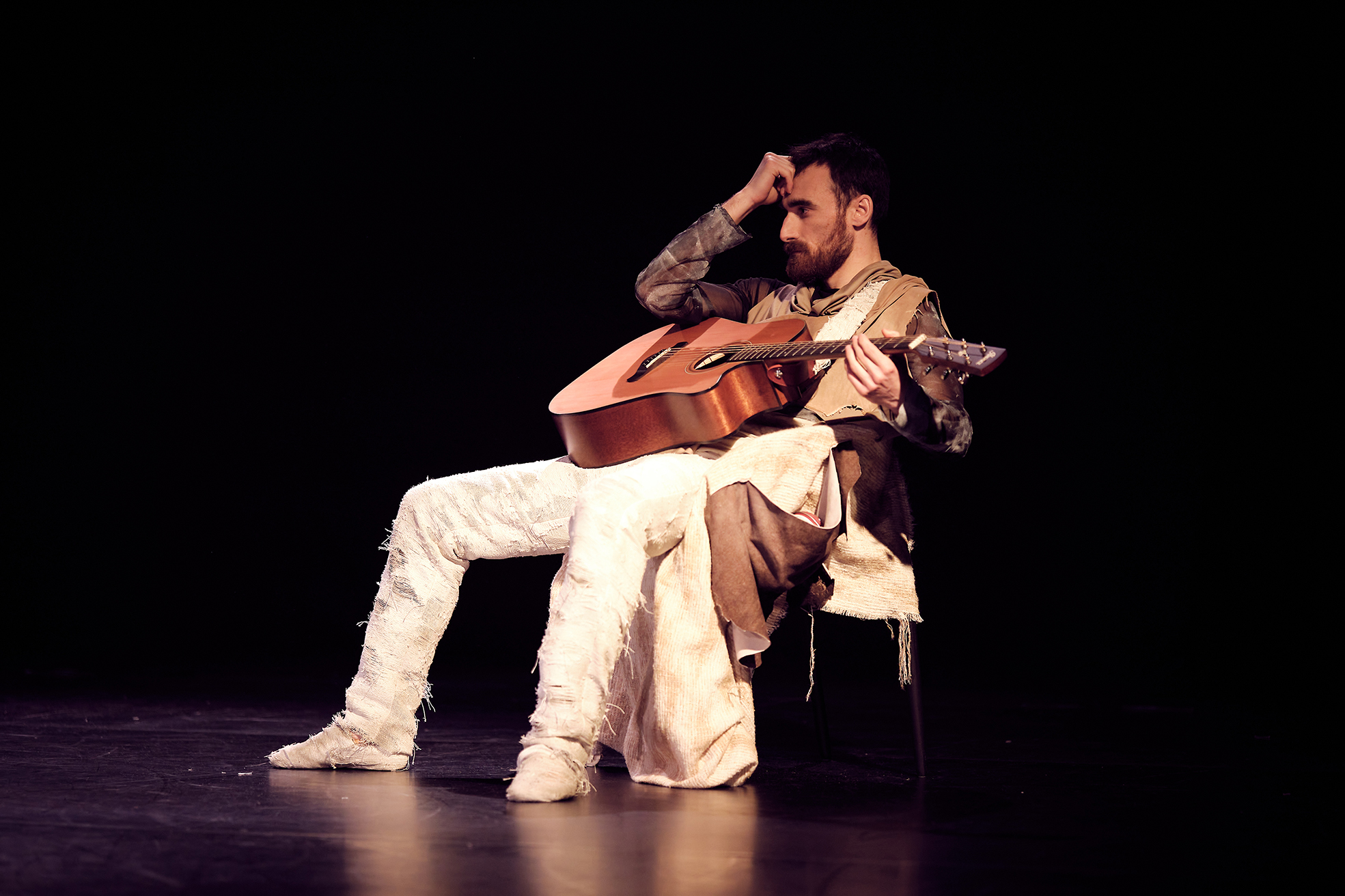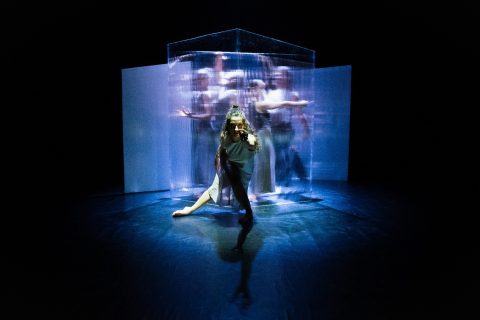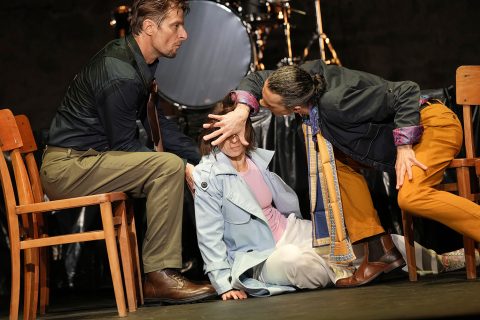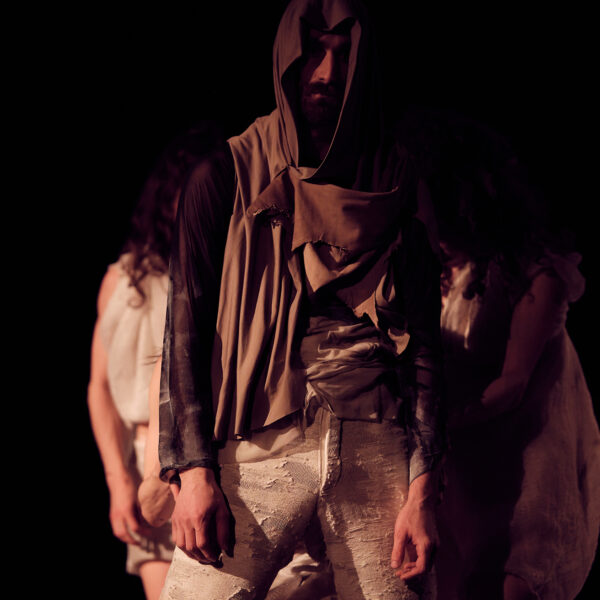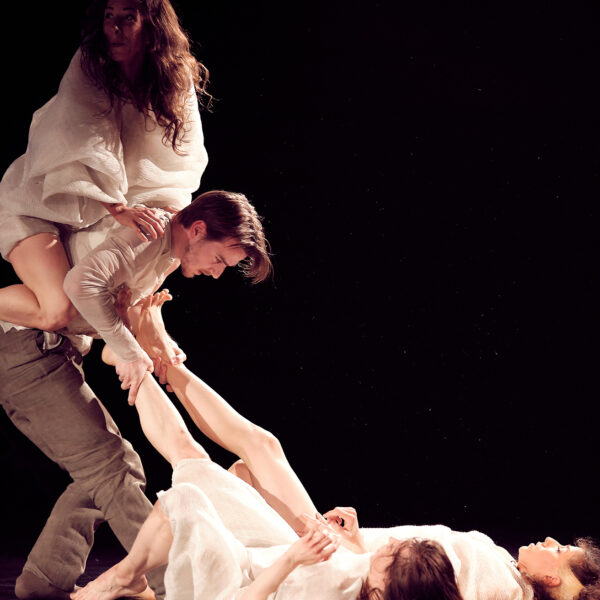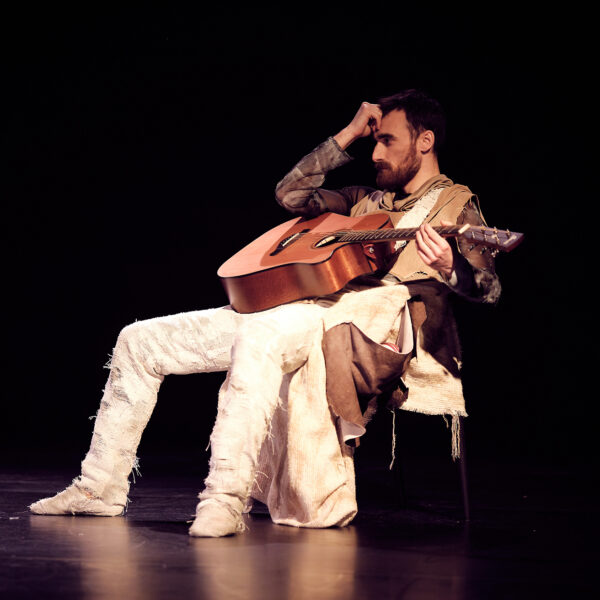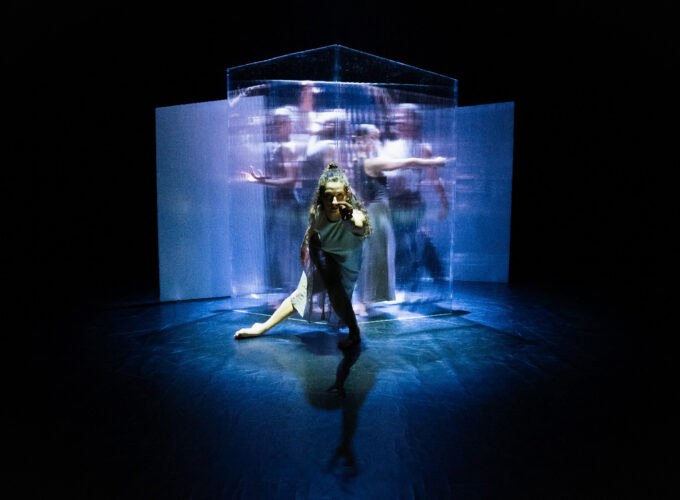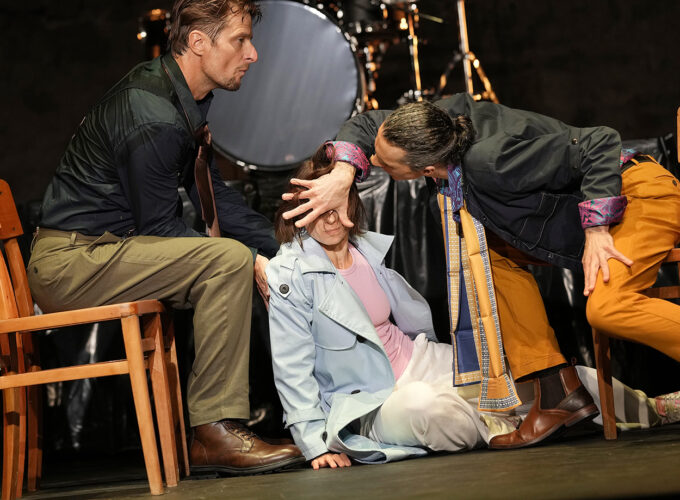Kalilele / Kalibanjo
The Story
In a post-apocalyptic landscape, a man lives alone, accompanied only by his guitar and three birds that seem to speak back to him. The ruins of the world surround him, yet he chooses isolation, retreating from other human beings. Through music, imagination, and his subtle interactions with the birds, he navigates the emptiness around him, confronting memory, survival, and the fragile traces of life that remain. The story is a quiet meditation on what it means to live when the world has changed beyond recognition.
The Environment
The empty streets and ruined cities are more than a backdrop: they are a mirror of a planet in crisis. The man’s solitude reflects the consequences of environmental collapse, where humanity’s absence is both a symptom and a warning. Nature has reclaimed the space once dominated by people, and the birds that share his life are reminders of both resilience and fragility. In this story, climate change is not distant; it is lived, immediate, and unavoidable, shaping the contours of every day and every choice.
Isolation
Isolation is both protection and prison. The man refuses human contact, yet the presence of the birds and the music of his guitar provide a fragile companionship. His imagination fills the void, giving shape to silence, and offering a space where memory, longing, and reflection intertwine. Loneliness here is not merely absence; it is a way of seeing the world, of holding onto what is left, and of feeling deeply the cost of a human absence he has chosen and cannot escape.
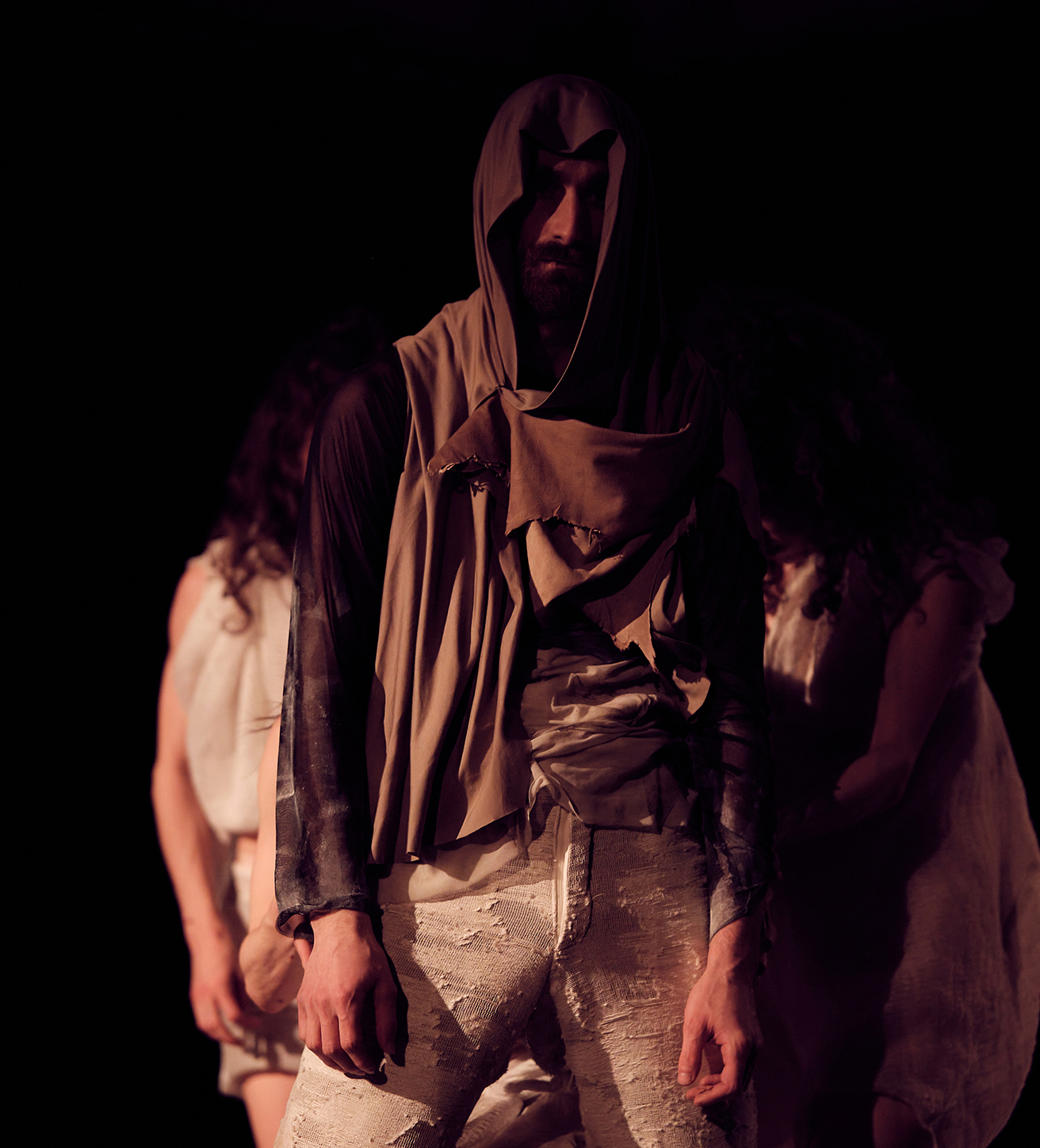
© Jean Claude Grieco
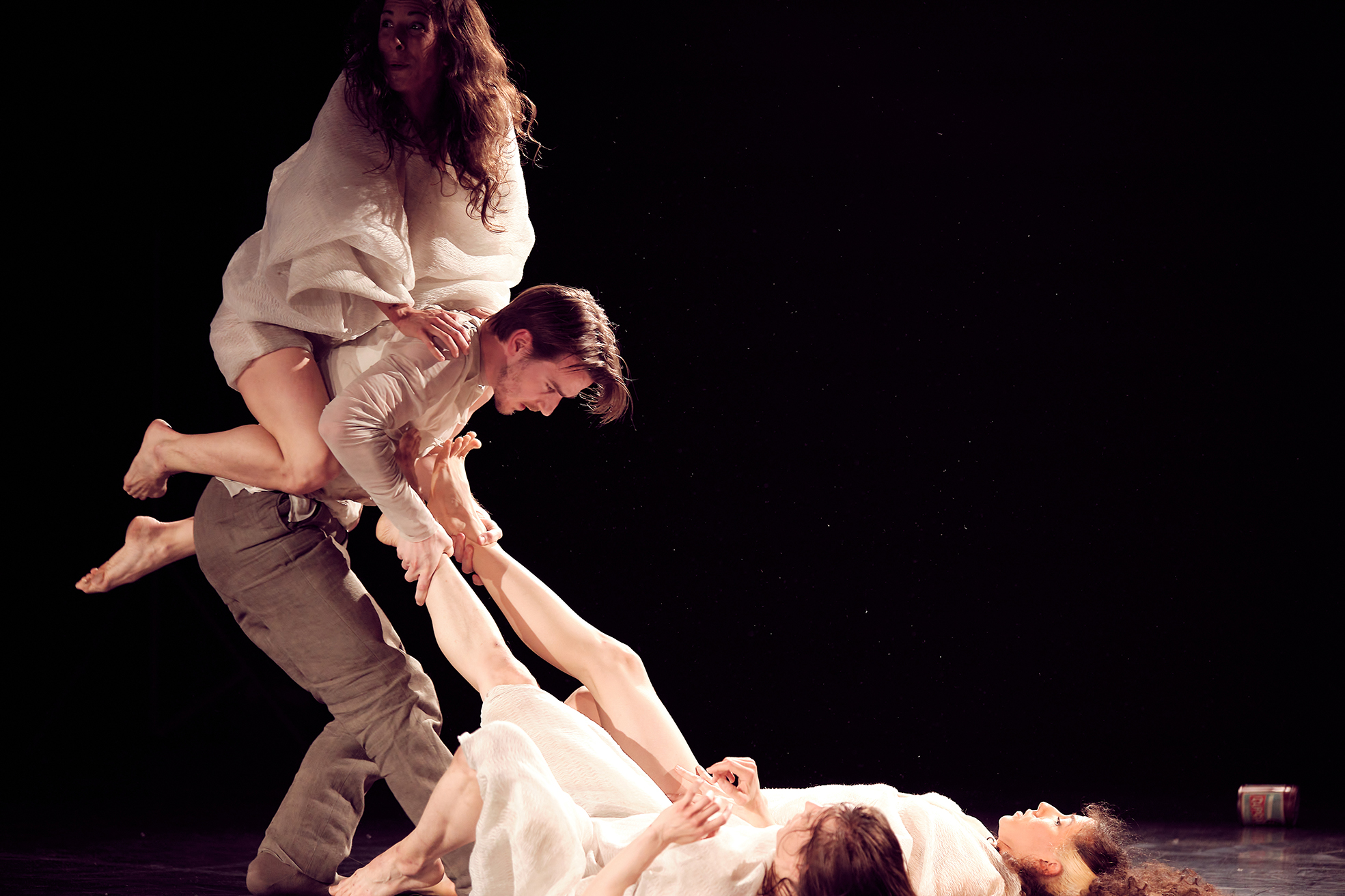
© Jean Claude Grieco
